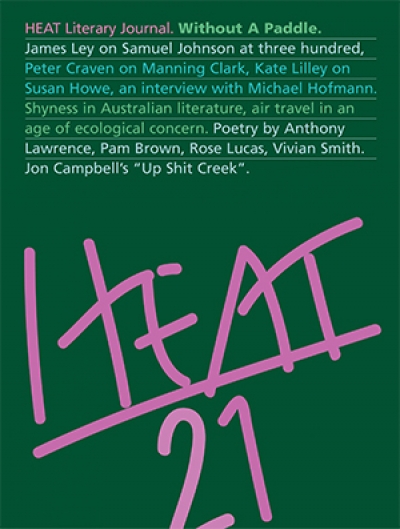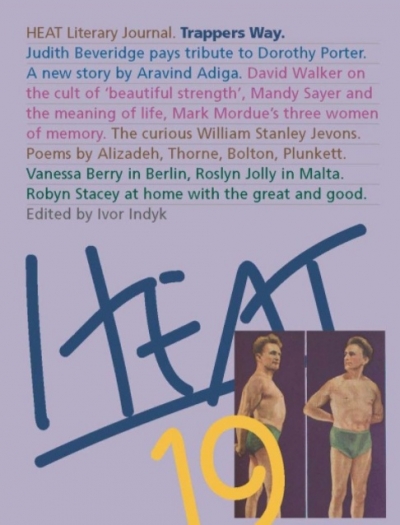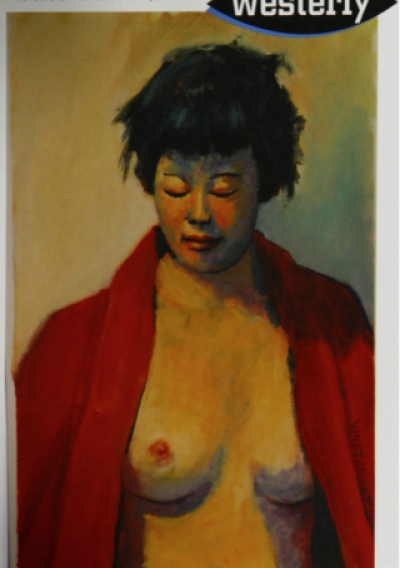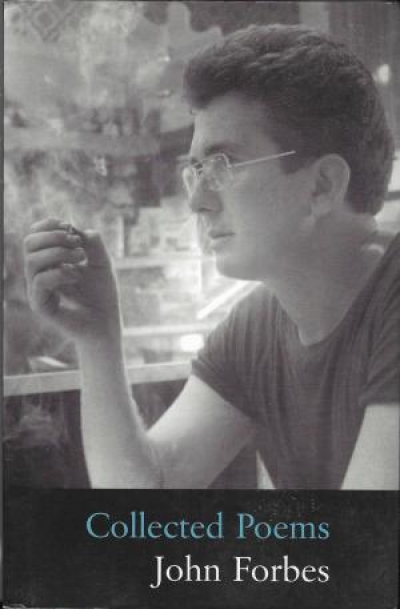Ivor Indyk
I was a lecturer in Australian literature, and some of the writers I wanted to lecture on couldn’t find publishers for their work. Also I found I preferred to converse with writers who were living rather than with the dead. And then there was the Demidenko affair, which made me angry enough to start HEAT in 1996.
... (read more)I’m fresh from Hannah Kent’s compelling, humane, and utterly convincing The Good People (Picador, 10/16). Kent completely inhabits her material. In this single nineteenth ...
... (read more)Westerly edited by Delys Bird and Dennis Haskell & HEAT edited by Ivor Indyk
I would now like to begin with a plea for small literary magazines. I now have a vested interest in their survival (well, one, in particular), but then, I always thought I did. Little magazines are essential to the vitality of Australian literary and political culture. They play an important role in nurturing new poets, critics, storytellers, and reviewers. In the current book-publishing climate, there are few other opportunities for publishing short stories, experimental fiction, or poetry. Small magazines instigate and foster cultural debate and present a diverse range of opinions. Many of the most important issues in Australian public life today were first raised and discussed in literary magazines, including the stolen generations and racial ‘genocide’, the perils of economic rationalism and globalisation, the politics of One Nation, and the implications of new media technologies.
... (read more)If we look back into past times, we find innumerable names of authors once in high reputation, read perhaps by the beautiful, quoted by the witty, and commented upon by the grave; but of whom we now know only that they once existed.
Samuel Johnson
Sometimes the situation in Australia, with respect to writers, resembles that in early eighteenth-century England.
... (read more)Ivor Indyk reviews poetry by Karen Attard, M.T.C. Cronin, Lisa Jacobson, Peter Minter, Sue L. Nicholls, and Mark Reid
These six poetry titles represent the third series of New Poets to be published by Five Islands Press. Each title runs to exactly thirty two pages – no more, no less. It is, in a sense, a mini-collection, or a semi-collection, midway between a reading and a book. The series as a whole is therefore like a showcase of new talent – you applaud some of the poems, and get impatient with others, much as you do with the poets themselves. This is a good thing – it presents poetry as the provisional affair it really is, most of the time, for poet and reader alike.
... (read more)




